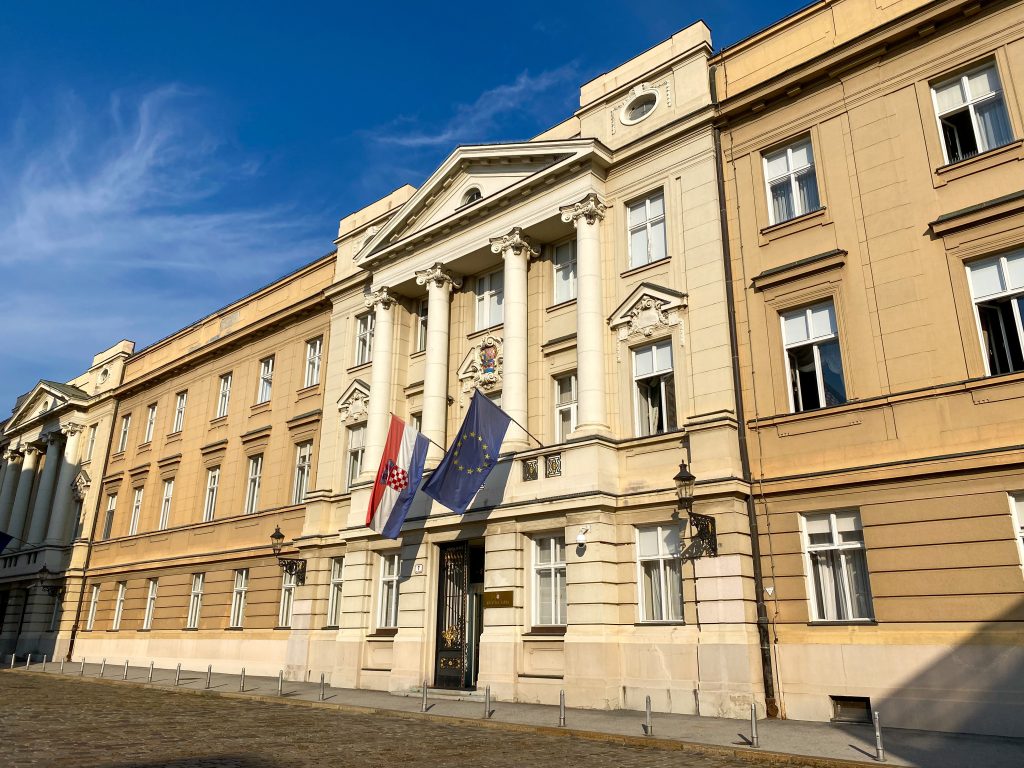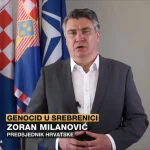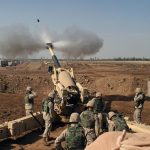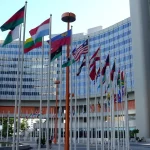Presenting the proposed decision, the State Secretary at the Defence Ministry, Zdravko Jakop, said the current security situation in the east of Europe was one of the most serious threats to Europe’s security in the past decades.
“The attack on an independent, peaceable, democratic state is a bitter reminder that freedom, peace, security and stability cannot exist if we are not prepared to defend them,” Jakop said.
Jakop said that in recent months NATO had generated additional rapid reaction forces, deploying additional forces in the eastern members of the alliance, consolidating existing forces in Poland, Lithuania, Latvia and Estonia, and forming new battlegroups in Hungary, Slovakia, Bulgaria and Romania.
A total of HRK 38 million has been secured in the state budget for the implementation of the government’s decision to send troops to Hungary, he said.
Currently, Croatia has 181 troops in UN and NATO peace missions, and most of them, 141, are serving in the mission in Kosovo.
We must be solidary, we must respect our obligations, this is the defence of peace and international order, MPs of both the ruling majority and the opposition said during the debate.
“That is the only guarantee that we will preserve what we have acquired because we live in a crazy world, with crazy leaders that will stop at nothing to launch armed conflicts,” said HDZ MP Rade Šimičević.
“It is important to send a message that participation in NATO does matter, a message that in the event of a threat we are prepared to act together,” said Social Democratic Party (SDP) leader Peđa Grbin.
Nino Raspudić of the Bridge party, too, supported the decision but noted that a risk assessment should have been made and the context of the decision should have been explained in geopolitical terms.
Care was taken of security assessment, and the estimate was that this is the best, least risky proposal, Jakop replied.
MPs also wanted to know if the Defence Ministry was considering increasing the number of Armed Forces members, considering the instability in Croatia’s neighbourhood.
“There is a possibility of enhancing the forces with reservists, the law also provides for civil-military cooperation, there is no grading of readiness for the time being but activities are defined on a daily basis,” he said.
Asked by independent MP Marijana Petir if additional NATO forces would be needed in Croatia, Jakop answered in the negative.
“That option is not being considered,” he said, adding that the security situation in the neighbourhood and in Southeast Europe was being monitored and that for the time being there was no reason for concern.
For more, check out our politics section.












